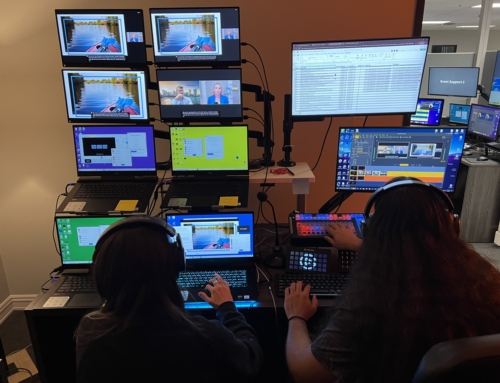The word “branding” may seem a like a little bit of a buzzword given its popularity over the past decade. However, branding is something all companies, organizations and even individuals need to pay a lot of attention to. In the growing information age we currently live in, gone are the days of faceless companies and canned corporate press releases. Nowadays, companies are needing to put a huge effort into creating a brand image that’s personable and approachable. So, how do we do this in the meetings industry? How do we do it effectively? And how exactly do we achieve it as individuals?
The main difference between huge corporations and a meeting planner is of course the size. But, nowadays, it’s not uncommon for individuals to have a brand to represent themselves. Everyone from fitness trainers to chefs needs to be aware of their personal brand and the message they are communicating through their work. However, the real challenge for meeting planners lies in making themselves truly unique in this ever-changing industry.
-
Treat It as a Product
Meetings can be hard to brand given their complex nature. There’s just too many moving parts in planning a meeting that it might be difficult for a meeting planner to pinpoint what they really excel at and how to brand it. So, pinpointing on that one thing you excel at and making it part of your brand can help you break away from the noise. Focusing on a single service or a unique product offering will make branding more effective.
-
Focus on Your Audience
Who are you trying to reach? What is the best way to reach them? What will be the most effective medium to reach them through? How do they like to communicate? All these questions are important when it comes to your brand. The way our audience perceives us is ultimately what matters the most when branding ourselves. It is crucial to keep that in mind when creating branding strategies.
-
Think Global
In today’s overly-connected world, it is impossible to not be able to reach someone in Asia while simultaneously reaching the screens of someone in Europe. When strategizing for your brand, be aware of the different ways your brand may be perceived from a global perspective. Never think your reach is too small because this is how many organizations and brands end up on the wrong side of the lane and have to hire a PR firm to amend their crises. Do your research on how other cultures and groups of people might perceive your brand.
We hope that these tips help meeting planners better strategize and approach branding with a more confident outlook. Remember, branding is how we show ourselves to the world.






